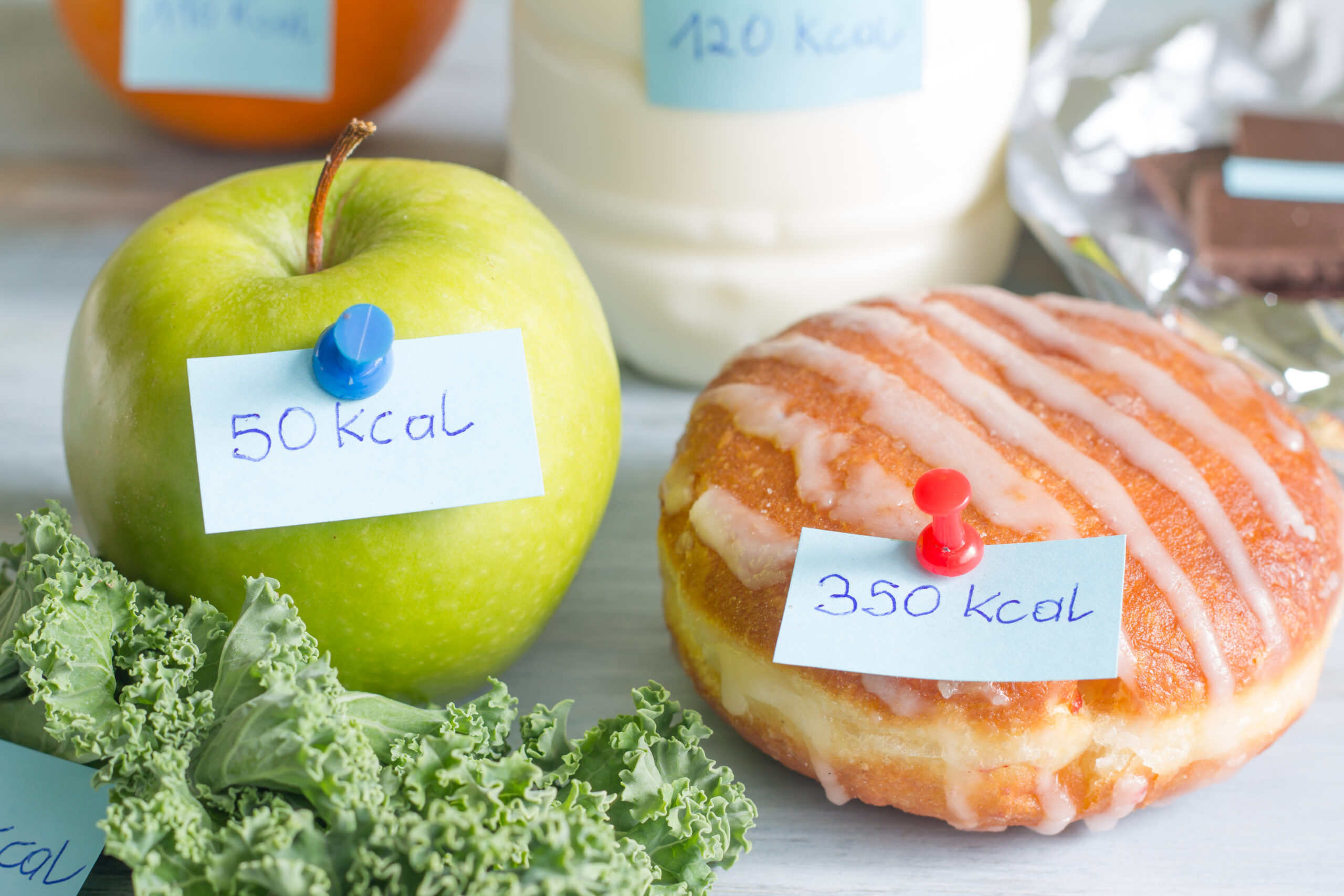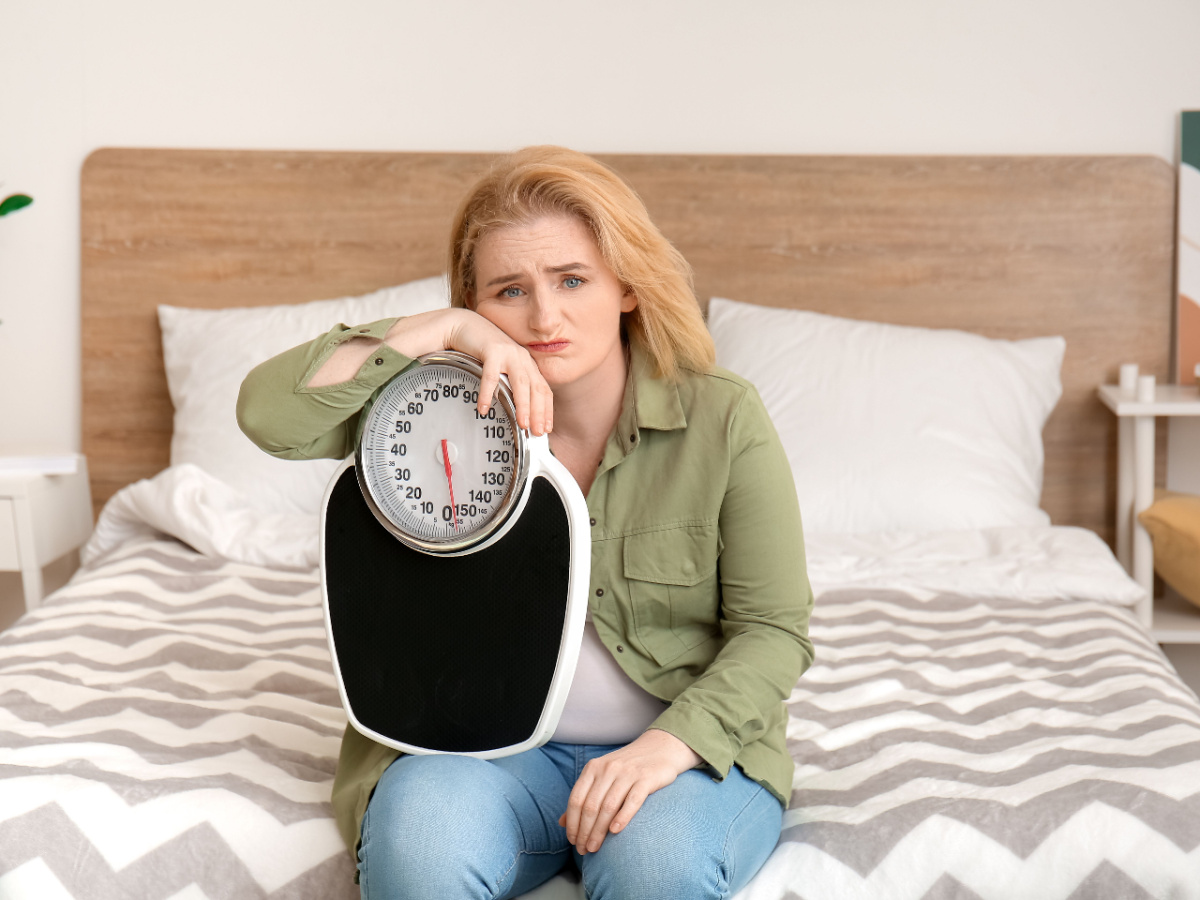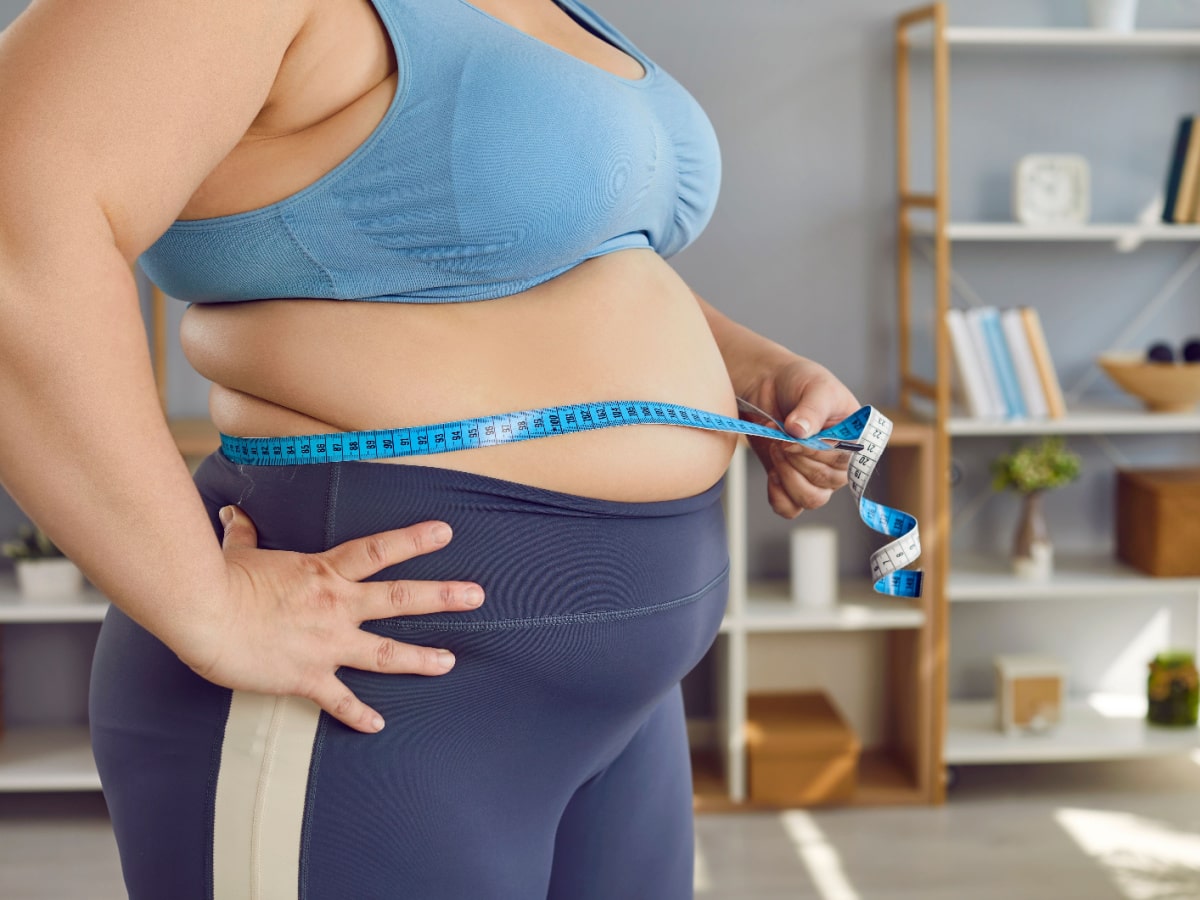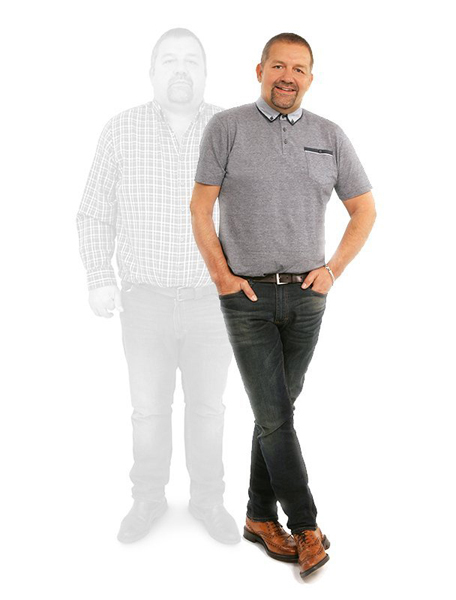Table of Contents
What Are Accessible Calories?
Accessible calories are the calories that your body can actually use for energy. The concept was introduced by Giles Yeo, a geneticist and broadcaster, and Dr. Tim Spector, a professor of genetic epidemiology at King’s College London. They found that some people could consume more calories without gaining weight, while others would gain weight even if they consumed the same number of calories. Gary Taubes, a science writer, has also written extensively about the concept of accessible calories in his book “Why We Get Fat.”
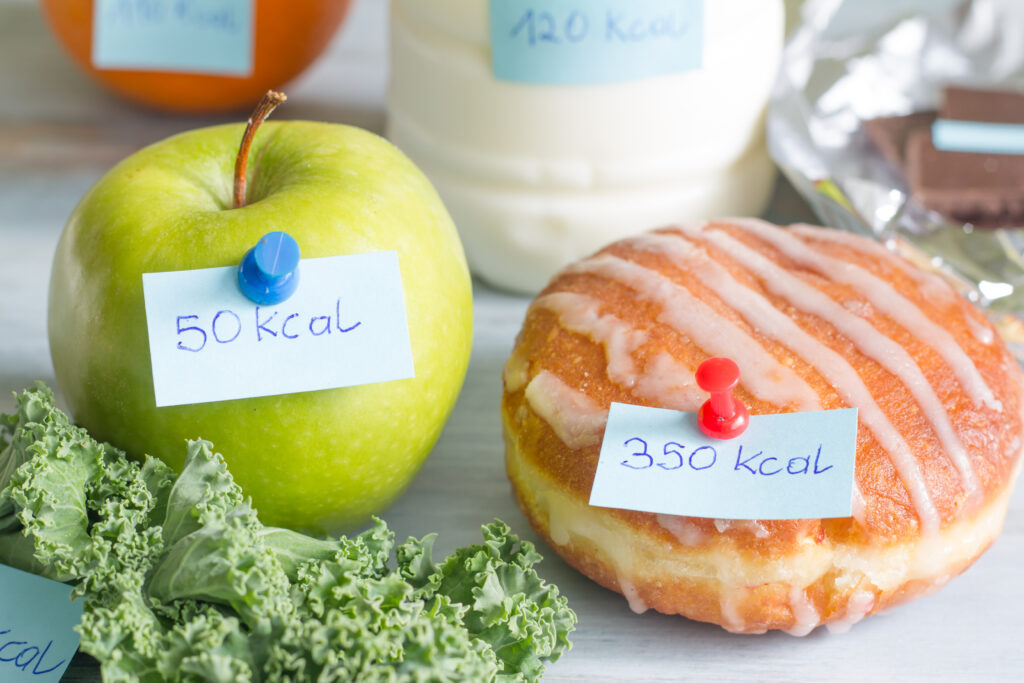
So, what makes some calories more accessible than others? It comes down to how easily your body can convert them into energy. Some calories, such as those found in processed foods, sugary drinks, and refined carbohydrates, are highly accessible. Your body can quickly and easily break them down into energy. On the other hand, calories from whole foods, such as fruits, vegetables, and lean protein, are less accessible. They take longer for your body to digest and use for energy.
Why Do Accessible Calories Matter?
The accessibility of calories matters for weight gain and loss because your body can only burn a certain number of calories each day. If you consume more calories than your body can burn, the excess calories are stored as fat. This is why eating a diet that is high in accessible calories can lead to weight gain and obesity.
On the other hand, if you reduce the number of accessible calories in your diet, your body will be forced to use its own fat stores for energy. This can lead to weight loss and healthier body weight.
Key Points About Accessible Calories.
- Not all calories are created equal. Some calories are more accessible than others, which means that they are more easily converted into energy by the body.
- Consuming too many accessible calories can lead to weight gain and obesity.
- Eating a diet that is high in whole foods, such as fruits, vegetables, and lean protein, can help to reduce the number of accessible calories in your diet.
- Ultra Processed Foods, Processed foods, sugary drinks, and refined carbohydrates tend to have more accessible calories than whole foods.
- Consuming a diet that is high in fibre can help to reduce the number of accessible calories. Fibre is not digestible by the body, so it passes through the digestive system without being converted into energy.
- The accessibility of calories can be affected by a person’s gut microbiome. A healthy gut microbiome can help to reduce the number of accessible calories, while an unhealthy gut microbiome can increase them.
Also Read: Why You Need To Know Your Body Fat Percentage
How to Reduce Accessible Calories.
There are several strategies for reducing the number of accessible calories in your diet, which will help you to lose weight. These are:
- Eat a diet that is high in whole foods, such as fruits, vegetables, lean protein, and healthy fats.
- Avoid processed foods, sugary drinks, and refined carbohydrates. These items are often high in added sugars and fat, which translates to a high amount of energy, measured in kcal.
- Avoid foods high in unhealthy fat grams.
- Choose high-fibre foods, such as whole grains, legumes, and nuts.
- Cook your food in healthy ways, such as grilling, baking, or steaming.
Also Read: 6 Reasons To Lose 3 Stone
Do I need to count calories at all?
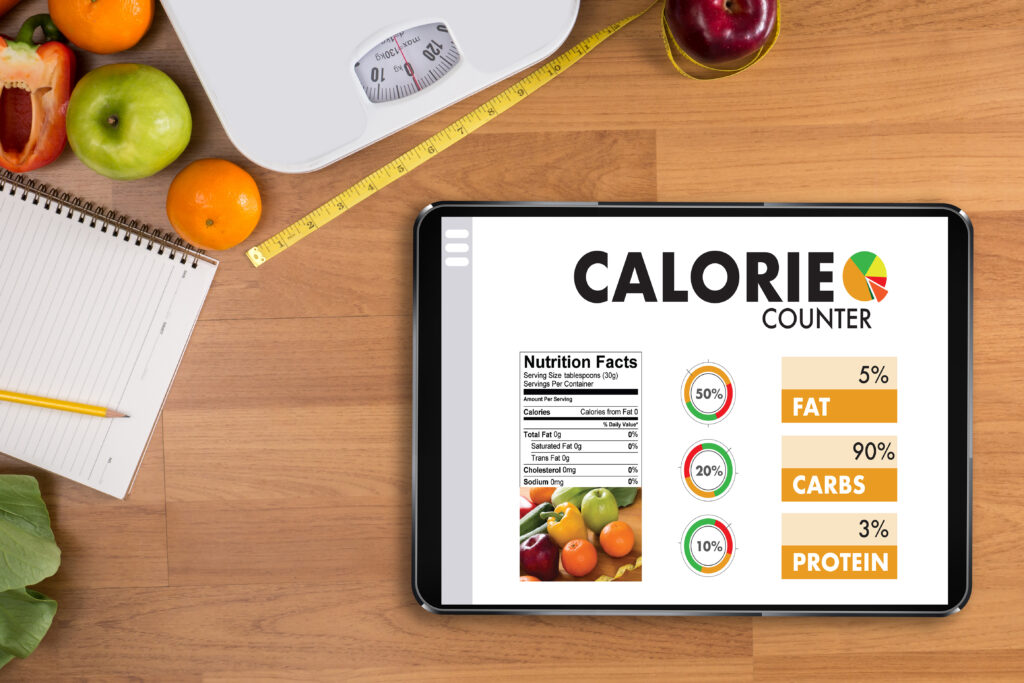
While it’s important to focus on reducing the number of accessible calories in your diet, it’s also important to monitor your overall calorie intake. This can help you stay on track and make sure you’re not consuming too many calories overall, making it easier to lose weight.
Maintaining a healthy gut microbiome is also important for reducing the number of accessible calories in the diet. The gut microbiome is the collection of bacteria and other microorganisms that live in the digestive system. A healthy gut microbiome can help to break down food more efficiently and reduce the number of accessible calories. Eating a diet that is high in fibre and fermented foods, and taking probiotics and prebiotics, can help to promote a healthy gut microbiome.
Keeping an eye on serving size doesn’t hurt either, and can help you lose weight without requiring much calorie counting. That said, checking the calorie content of your food will help you steer clear of foods high in calories and make it easier to lose weight.
Also Read: How To Stop Overeating
Summary.
Accessible calories are the calories that your body can actually use for energy. Consuming too many accessible calories can lead to weight gain and obesity. Eating a diet that is high in whole foods, avoiding processed foods and sugary drinks, choosing high-fibre foods, cooking food in healthy ways, getting regular exercise, and taking care of your gut health are some strategies for reducing the number of accessible calories in your diet. By adopting these strategies, you can promote weight loss, reduce your risk of obesity, and improve your overall health.
Frequently asked questions
We get quite a few questions about calories, and how to reduce calorie consumption, so we decided to collate a few of the most common questions and answer them in one go.
How many calories should I eat in a day?
The number of calories you should eat per day depends on who you are and what your goals are to lose weight, if you have any. Assuming you simply want to maintain your current weight, there are two sets of averages you should keep in mind. The average woman aged 26-50 needs 1,800 calories per day to maintain her weight, if she leads a sedentary lifestyle.
The average man aged 26-50 requires 2,400 calories to maintain his weight, if he leads a sedentary lifestyle. For those with a more active lifestyle, a person needs 2,000 calories and 2,600 calories, respectively. Keep in mind that these figures are for those at an average weight. If your body weight is higher than average, you will need to consume fewer calories.
How many calories do I need a day to lose weight?
If you want to lose weight, you need to create a calorie deficit to avoid taking in excess energy, which will end up stored as fat. In short, this means that you need to consume fewer calories, burn more calories, or both. Exactly how much you need to reduce your calorie intake per day depends on your current weight and your weight loss goals. A heavier weight will require a larger calorie deficit, which means you’ll need to eat fewer calories per day to reach your desired weight. That said, it’s vital you pace yourself both for your health and to make sure you don’t bounce back.
What are good calories?
Essentially, “good” calories are calories that are nutrient-dense. These are the calories that you should prioritise eating, as you’ll get the nutrients your body needs and benefit your health. For example, calories taken in from a can of pop or chocolate are not nearly as nutrient-dense as calories taken in from milk or lean meats. Even still, calories are calories, so you’ll need to limit your intake to avoid gaining weight and keep your body in good health.

